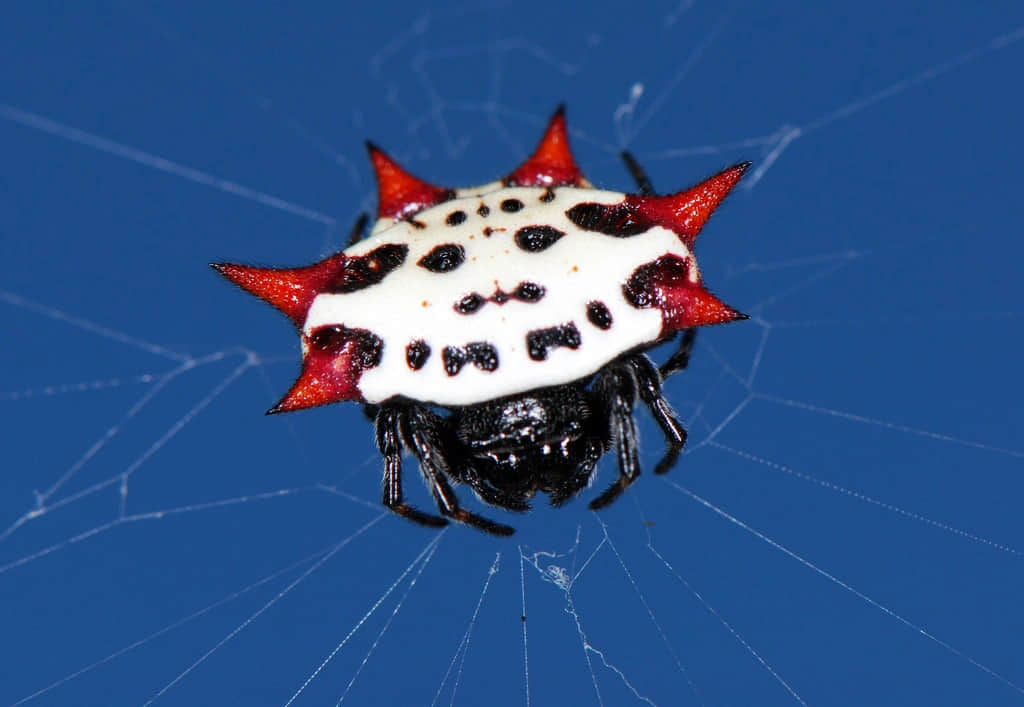The video begins with the lion actively approaching a calf, a member of a large herd of wild buffalo, as described by Maasai Sightings.
It can be seen that the lion is not in a hurry to attack the prey. It knew that if it did, the buffalo herd not far away would be alarmed, and might rush to help.

Instead, lions just quietly follow to get the attention of their prey. It even showed a little hesitation and timidity, in order to increase the initiative for the calf. When the calves were caught in the trap and rushed over, the lion ran away.
Contrary to the caution of the lion, the foolish calf kept chasing the opponent for a long distance. It did not know that the lion was just pretending to be defeated, to lure the calves away from the herd.
Thanks to the effective “cooperation” of the calves, the lion easily got a meal just a few minutes later. However, the footage recording the unhappy ending for the calves was cut out of the video.

In Western culture, lions are known as “king of the jungle” or “king of beasts”. They are also the most social of all wild cats.
Therefore, we are often used to the scene of lions hunting in groups and using skill, strength, and speed to defeat opponents. Scientific studies have shown that the ability of lions to hunt in groups is a factor that helps them increase their success rate when hunting large and dangerous animals.

However, the clip above shows that a lone lion can also use intelligence to easily defeat its prey.
According to Nature, lions have a number of individuals (usually male lions) that tend to separate from the herd, moving around sporadically in search of their own territory.
These are particularly aggressive lions, often referred to as “nomads”. They often clash with lions at the edge of the territory they occupy.

In any case, lions have always been regarded as superior predators and the top predator on the savannah. They are willing to do anything to survive, and are also the most difficult animals to defeat in the savanna.
Despite the many survival advantages, lion populations in Africa have declined by about 43% since the early 1990s. Although the cause of the decline is not fully understood, but habitat loss and conflict with humans are the biggest causes.





